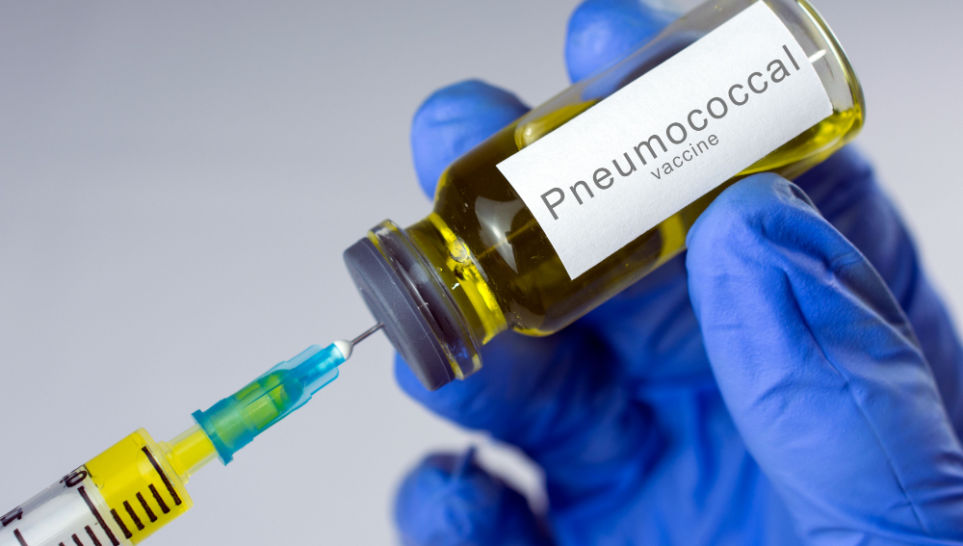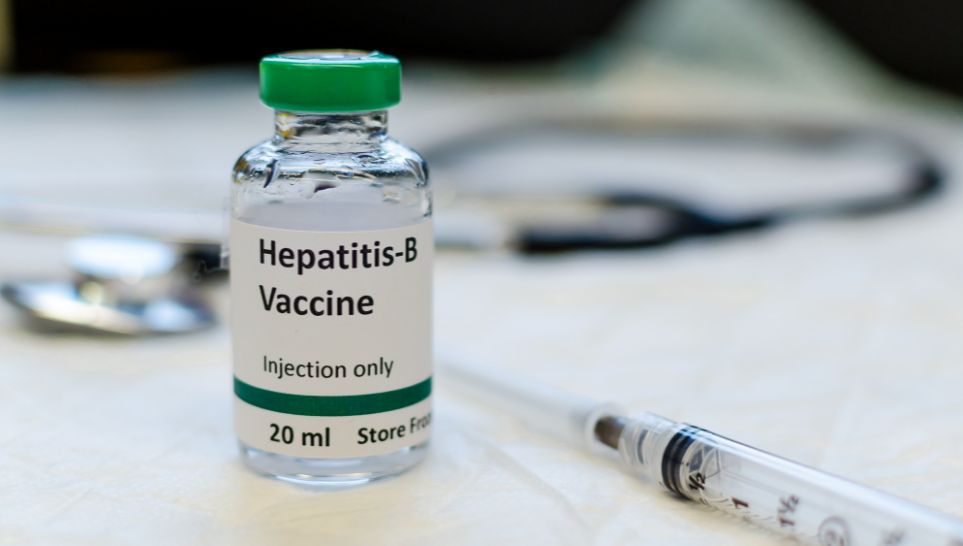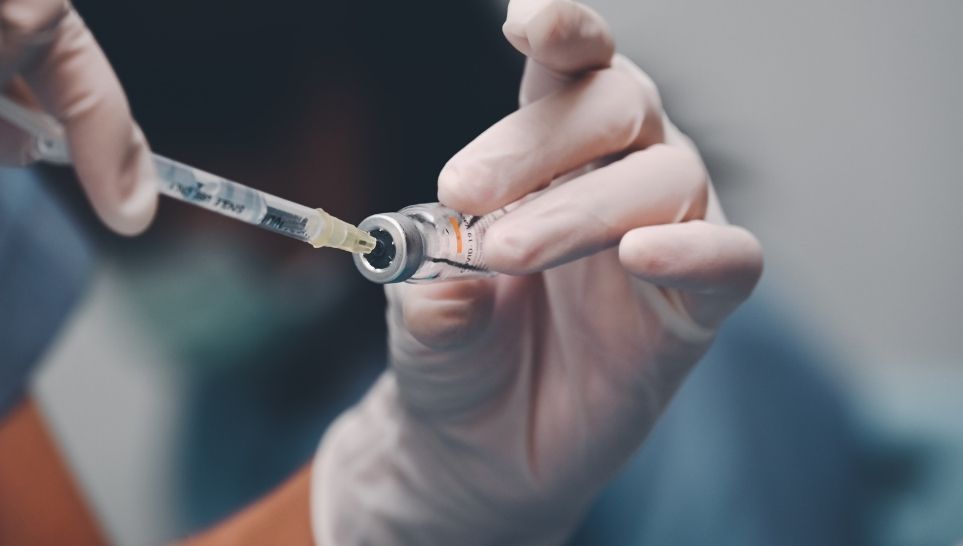
Pneumococcal disease affects young children and adults. It begins when Streptococcus pneumoniae bacteria build up in the sinuses and bloodstream. Doctors can prevent its spread with a pneumococcal vaccination (Prevnar).
This article will help you understand the potential side effects of pneumococcal vaccines. If these treatments cause you to experience a severe allergic reaction or other debilitating injuries, you could pursue compensation. Consider the information below before seeking legal help.
What Is a Pneumococcal Vaccine?
Infections caused by pneumococcal bacteria can compromise your brain, lungs, and heart. Two types of vaccines help prevent the spread of invasive pneumococcal disease:
- Pneumococcal conjugate vaccines
- Pneumococcal polysaccharide vaccines
These solutions are helpful for many patients. However, they are not 100% effective against bacteria. While the CDC approves pneumococcal vaccines for children and adults, some side effects could occur.
What Are the Side Effects of a Pneumococcal Polysaccharide and Pneumococcal Conjugate Vaccine?
Many patients who take the pneumococcal vaccine do not experience any adverse events. However, mild side effects or severe allergic reactions may occur in those sensitive to Prevnar.
What To Expect During an Allergic Reaction: Common Side Effects
The most common side effects after using the conjugate vaccine include:
- Redness or discoloration near the injection site
- Swelling
- Pain at the injection site or tender lymph glands
- Fever and dizziness
- Fatigue
- Migraine
- Decreased appetite
- Muscle/joint pain
Typically, patients can observe these adverse events shortly after their first dose. A high fever may develop within 24 hours, and hive-like swelling may occur immediately around the vaccination site. Some people also feel faint after taking the Prevnar vaccine.
If you experience unwanted effects like dizziness or blurred vision, sit down for several minutes. Remember that any mild side effect could escalate into a life-threatening allergic reaction without the proper care.
Severe Side Effects

It is possible to experience a hypersensitive reaction to the vaccination that could lead to serious health conditions. Seek help from a nurse if you notice the following side effects:
- Immobility due to muscle pain
- A hard lump under the skin or on the lymph nodes
- Excessive redness or swelling
- Dangerously high fever
- Seizures
- Trouble breathing or bluish skin
The above symptoms are all signs of a serious allergic reaction. Always ask a healthcare professional about potential pneumococcal vaccine side effects before you commit to treatment.
What Should You Do if Side Effects Occur?
Pneumococcal infections can be detrimental to your health over time. Still, the fear of vaccination side effects should not prevent you from seeking treatment.
Avoid waiting to seek medical attention during the initial signs of an allergic reaction. Although the body adjusts over time to vaccinations, pain or unusual swelling can indicate more serious complications. Call 911 if you begin noticing serious side effects at home.
The CDC utilizes three reporting systems to monitor the safety of Prevnar vaccines. First is the Vaccine Adverse Event Reporting System. This tool allows anyone to submit possible side effects they experience after taking the pneumococcal vaccine.
Second is the Vaccine Safety Datalink system, which enables collaboration between multiple organizations where medical professionals conduct clinical trials to research the effects of the vaccine.
Lastly, the Clinical Immunization Safety Assessment Project helps research centers consult on and complete studies on vaccine health risks.
How Long Do Prevnar Side Effects Last?
Local reactions, like redness and swelling, typically go away within a few hours. However, other side effects continue for up to two days after the first shot. If you do not notice improvements in your condition after two days, speak to a doctor.
Who Should and Should Not Take This Vaccine?

Avoid this treatment if you are allergic to the pneumococcal vaccine or ingredients such as diphtheria toxoid. Generally, a doctor will not administer this vaccine if you are experiencing an ongoing fever or bleeding disorder.
Additionally, children younger than six weeks old should not take this vaccine. Some parents worry that vaccines, like pneumococcal or Hepatitis B, increase the risk of sudden infant death syndrome. However, research does not back up these claims.
Doctors recommend administering this treatment to older children because the risks of pneumococcal infection are much higher between the ages of five and 18.
Invasive pneumococcal disease is a significant threat to pregnant women. For example, pneumococcal pneumonia can cause breathing problems that prevent adequate oxygen levels from reaching the fetus. However, insufficient research leads doctors to discourage pregnant women from using these vaccines.
If you find out you were pregnant during a previous dose, contact a healthcare professional.
Can You Get the Prevnar Vaccine With Other Medications?
Pneumococcal infection can create many complications. For example, suppose this disease causes pain, headaches, and sleeping problems. You might try to alleviate these minor symptoms with over-the-counter medicine, but will these products compromise the effectiveness of your Prevnar vaccine?
Generally, using over-the-counter medicine is safe after a vaccination. Still, you should give your doctor a complete list of your medications before your first shot.
Vaccines that treat pneumococcal disease may interact poorly with medicine, like Elivaldogene Autotemcel or Diphtheria Conjugate. The combination of these solutions could significantly worsen vaccination side effects in adults.
Medical professionals discourage the use of drugs and alcohol to alleviate symptoms like pain and decreased appetite. These substances can weaken the body’s immune system, contributing to fever or other side effects.
Can You File a Prevnar Vaccine Injury Lawsuit?

When adverse side effects occur, you may wonder whether filing a personal injury lawsuit is appropriate. Adults who experience vaccine injuries have the right to pursue these cases.
An attorney can help you collect medical records, witness testimonies, and other evidence supporting your claim. They will also help you file within deadlines so you don’t miss out on compensation.
Prevnar Vaccine Injury Compensation
Adults who experience financial losses due to pneumococcal bacteria vaccines may be able to pursue compensation. A personal injury lawsuit could help recover damages from the following side effects:
- A fever that caused you to miss several days of work
- Pain that led to suffering or trauma
- Skin damage at the vaccination site that required significant medical attention
- Redness or swelling that led to an extended hospital stay
Although doctors recommend Prevnar for older adults, they can be at higher risk for developing side effects. A licensed attorney can help them build their case so they can focus on recovery.
Frequently Asked Questions

What Is the Prevnar Vaccine?
Prevnar is a vaccine that prevents the spread of disease caused by Streptococcus pneumoniae. A doctor will administer this treatment for children before they start daycare or school. As the child develops immunity, they are less likely to contract a pneumococcal disease.
The vaccine also protects adults over 65. A doctor will determine whether you qualify for this vaccine.
How Does Prevnar Vaccine Work?
Medical professionals inject the vaccine with a sterile needle. The treatment enables the body to recognize the properties of Streptococcus pneumoniae and build an immune response against it. Vaccinated patients exposed to the bacteria will experience less severe symptoms, if any.
Patients require two doses of the vaccine to experience the desired effects. A doctor will administer the second dose about eight weeks after the first shot.
Why Is Prevnar Vaccine Important?
Prevnar is an effective preventive vaccine against invasive pneumococcal disease in many cases. It reduces the spread of bacteria and promotes community health. Children are particularly vulnerable to this invasive disease and benefit from vaccination.
Is It Possible to Experience an Injury After Getting Vaccinated?
Pain, swelling, and redness can occur after a Prevnar vaccination. More severe side effects can lead to expensive hospital bills and lost wages. The risk of experiencing an injury after getting a Prevnar shot is small, but it can still happen to anyone.
Some injuries are avoidable. Speaking to your healthcare provider can help determine whether this disease control method is right for you. In other cases, it may be necessary to contact a personal injury attorney to seek monetary compensation.
File Your Personal Injury Lawsuit

Many vaccines succeed in preventing diseases caused by bacteria in our communities. However, some treatments can cause severe harm. At Sadaka Law, we help you pursue personal injury compensation.
Partner with our attorneys if you experience financial losses due to pain or swelling from pneumococcal vaccines. We take the time to understand your case and recommend ethical solutions. You can trust our lawyers to communicate clearly and honestly during every interaction.
We have extensive experience handling vaccine injury cases for hundreds of clients, including injuries related to rheumatoid arthritis.
Contact Sadaka Law in Englewood, NJ, or New York, NY, for more information about filing a lawsuit for vaccine injuries. Call 201-266-5670 or 1-800-810-3457.





